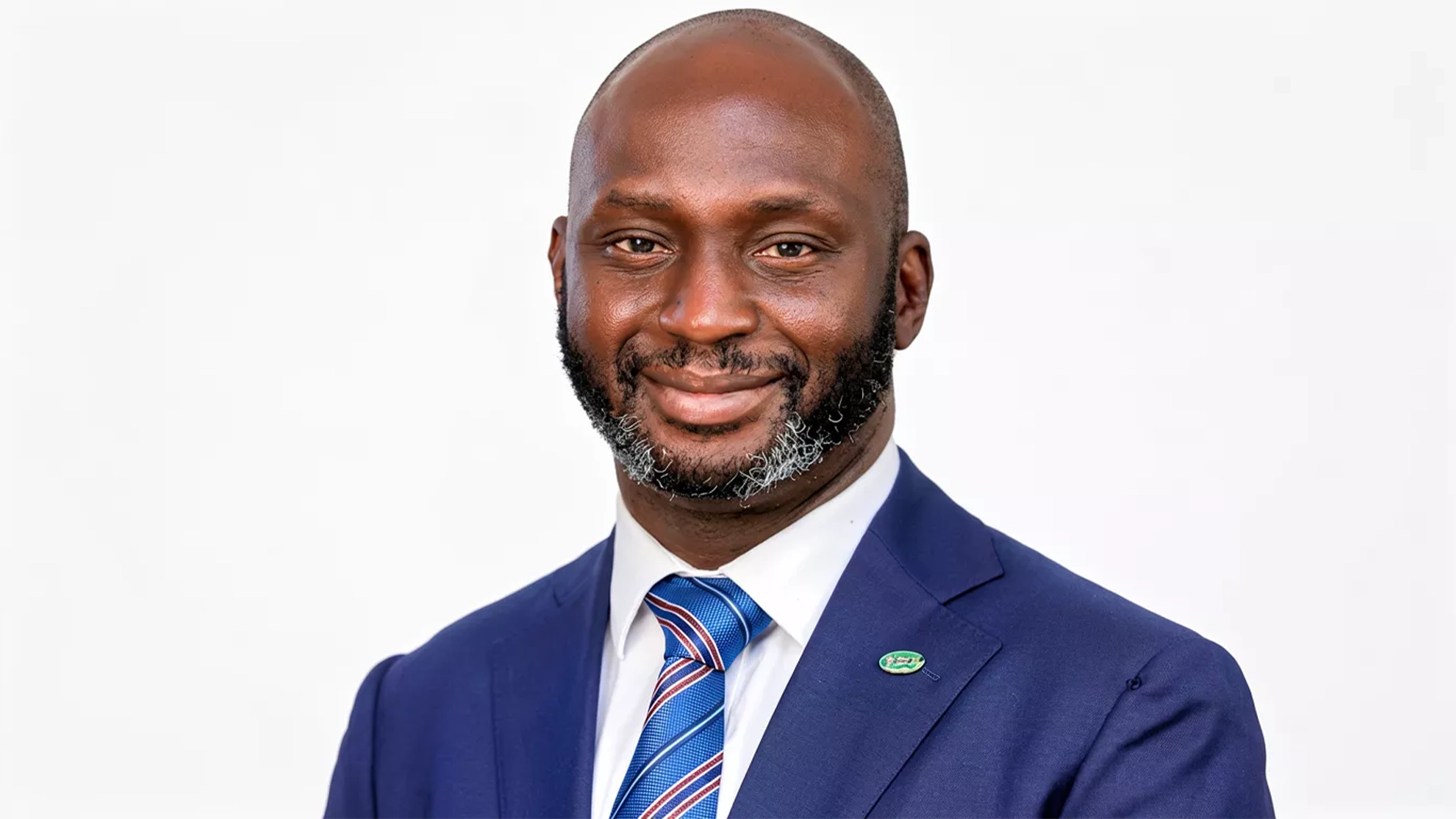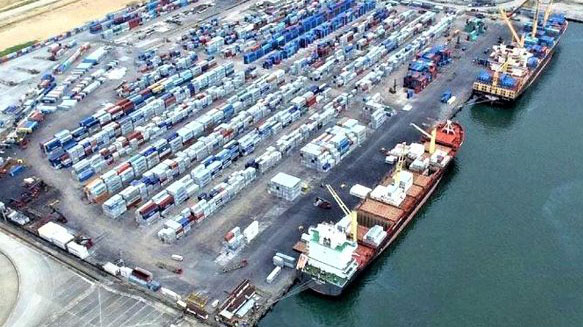Stakeholders in Nigeria’s power sector have urged swift and decisive action to bridge infrastructure gaps as states move to take a larger role in the electricity market, saying regulatory harmony and fresh investment frameworks are essential to avoid fragmentation and unlock the benefits of decentralisation.
Speaking at the Lagos Chamber of Commerce and Industry (LCCI) Power Sector Conference yesterday, industry leaders warned that while decentralisation offers significant potential for innovation and efficiency, it exposes critical weaknesses in generation, transmission and distribution infrastructure.
The conference brought together policymakers, investors and power sector operators to address the complexities of Nigeria’s evolving energy landscape.
President of LCCI, Gabriel Idahosa, described the current moment as defining for Nigeria’s energy transition, noting that constitutional reforms have opened doors to state-level participation and localised solutions.
However, he emphasised that decentralisation must be accompanied by harmonised standards and clear regulatory roles to prevent fragmentation.
“Our country cannot industrialise without reliable electricity; our businesses cannot scale without energy stability,” Idahosa stated, adding that the private sector is ready to invest, innovate and support efforts provided the environment is predictable, transparent and efficiently regulated.”
The Lagos State Commissioner for Energy and Mineral Resources, Biodun Ogunleye, outlined the state’s progress in building a decentralised electricity ecosystem through the Lagos Electricity Law, the Lagos State Electricity Regulatory Commission and an integrated resource plan.
Represented by the Chief Technical Officer of the state’s ministry of energy and mineral resources, Ogunade Hamed, Ogunleye identified three critical challenges – infrastructure optimisation, securing commercial sustainability and improving coordination across the value chain.
“Lagos grid infrastructure must evolve,” Ogunleye said, noting that much of the networks were designed for a smaller population and different economic realities.
He highlighted the state’s initiatives, such as strengthening embedded generation frameworks for industrial clusters and modernising 42,000 streetlights with solar power units.






